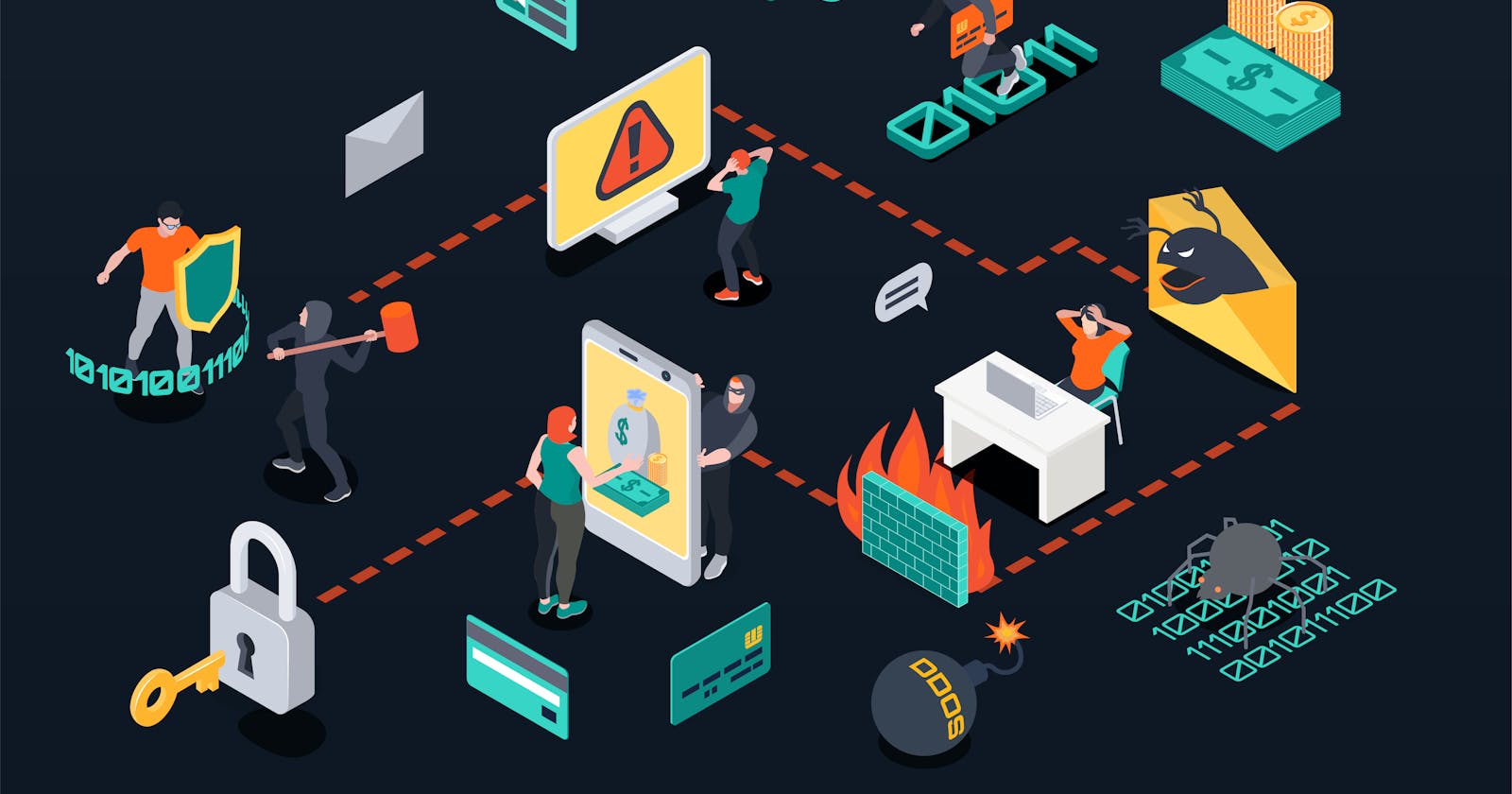Learning Cyber Security For Programmers Day 3 — Essential Cybersecurity Tools
Greetings, security-conscious coders! We’ve delved into the dark side of cybersecurity, meeting the malicious actors and their tactics. Now, it’s time to build our arsenal! Today, we’ll explore some essential tools that every programmer-turned-cybersecurity warrior should have in their toolkit.
The Essential Cybersecurity Toolbox:
Static Code Analysis (SCA) Tools: These tools scan your code for potential security vulnerabilities before you even run it. Popular options include SonarQube and Fortify SCA.
Web Application Security Scanners (WASS): These tools scan your web applications for vulnerabilities like SQL injection or cross-site scripting (XSS). Acunetix and Burp Suite are popular choices.
Password Managers: Strong, unique passwords are crucial for cybersecurity. Using a password manager like LastPass or 1Password helps you create and store them securely.
Network Monitoring Tools: Keeping an eye on your network activity helps detect suspicious behavior. Tools like Wireshark and Snort can be valuable resources.
Beyond the Tools:
Remember, tools are just part of the equation. Here are some additional practices to bolster your security posture:
Secure Coding Practices: As we discussed earlier, secure coding practices are fundamental. Make sure you understand common vulnerabilities and how to avoid them. Resources like OWASP and the Open Web Application Security Project (OWASP) Top 10 provide excellent guidance.
Stay Updated: The cybersecurity landscape evolves rapidly. Keep yourself updated on the latest threats and vulnerabilities to ensure your defenses remain effective.
Security Testing: Don’t wait for a real attack to discover vulnerabilities. Integrate security testing into your development process to identify and address issues early on.
Continuous Learning:
This is just the beginning of building your cybersecurity toolkit. As we move forward, we’ll explore these tools in more depth, learn how to use them effectively, and discover additional resources to fortify your security knowledge.
Have you used any of the tools mentioned today? Do you have other tools or resources you recommend for programmers interested in cybersecurity? Share your experiences and tips in the comments below! Let’s build a strong cybersecurity community and empower each other to write secure code.

